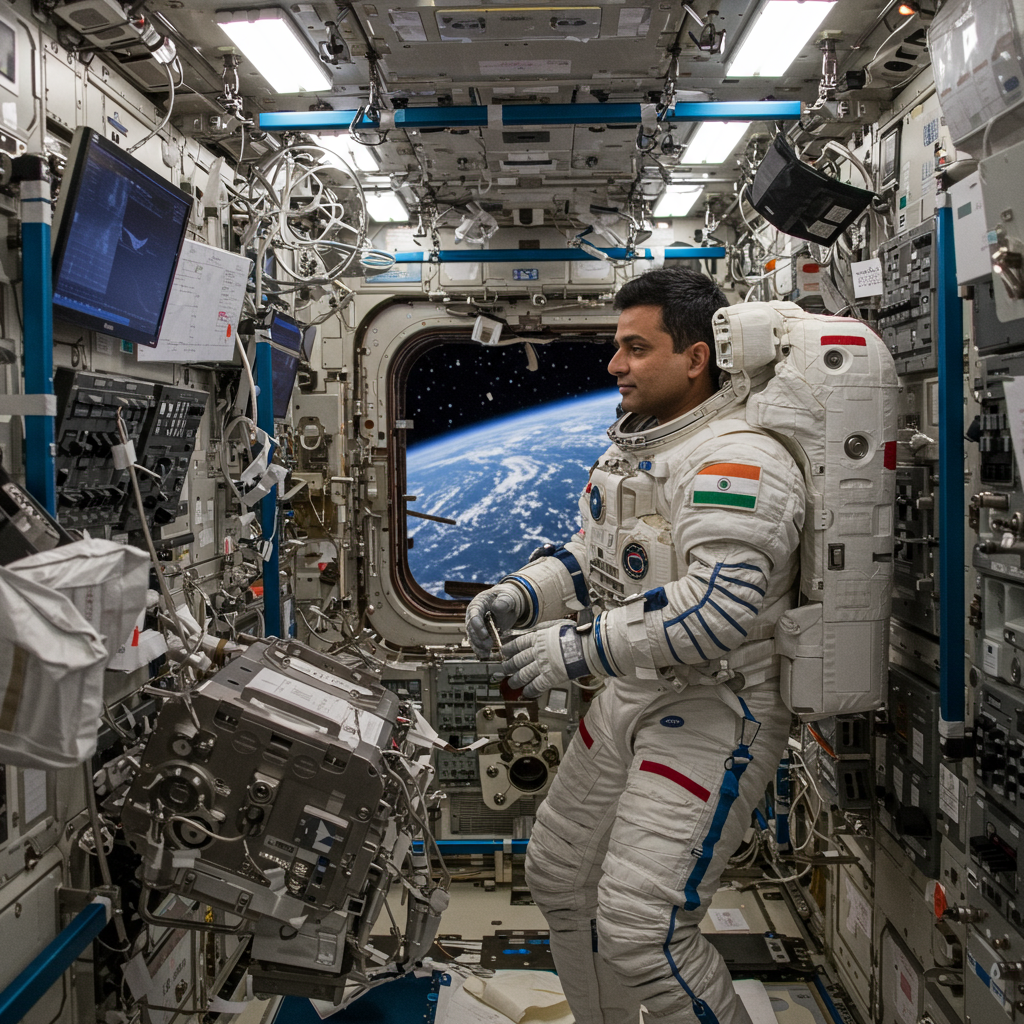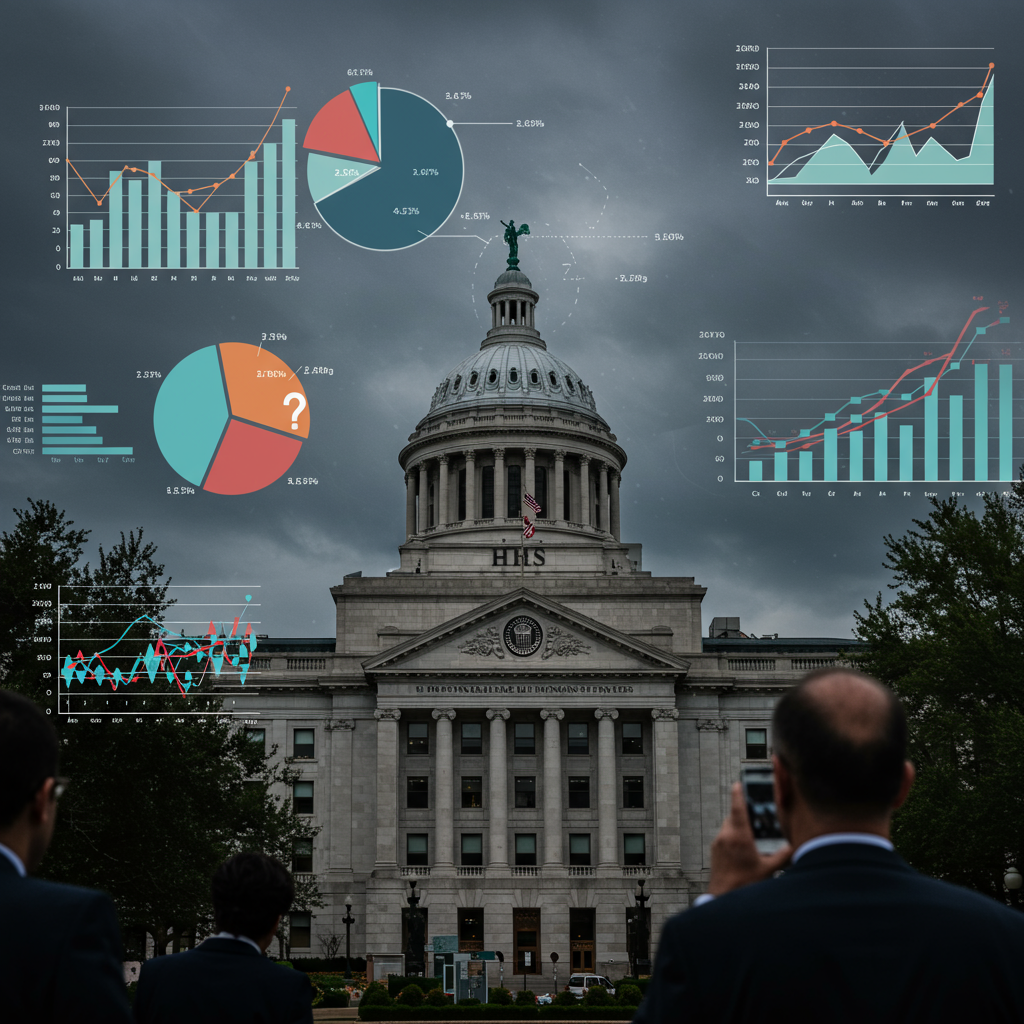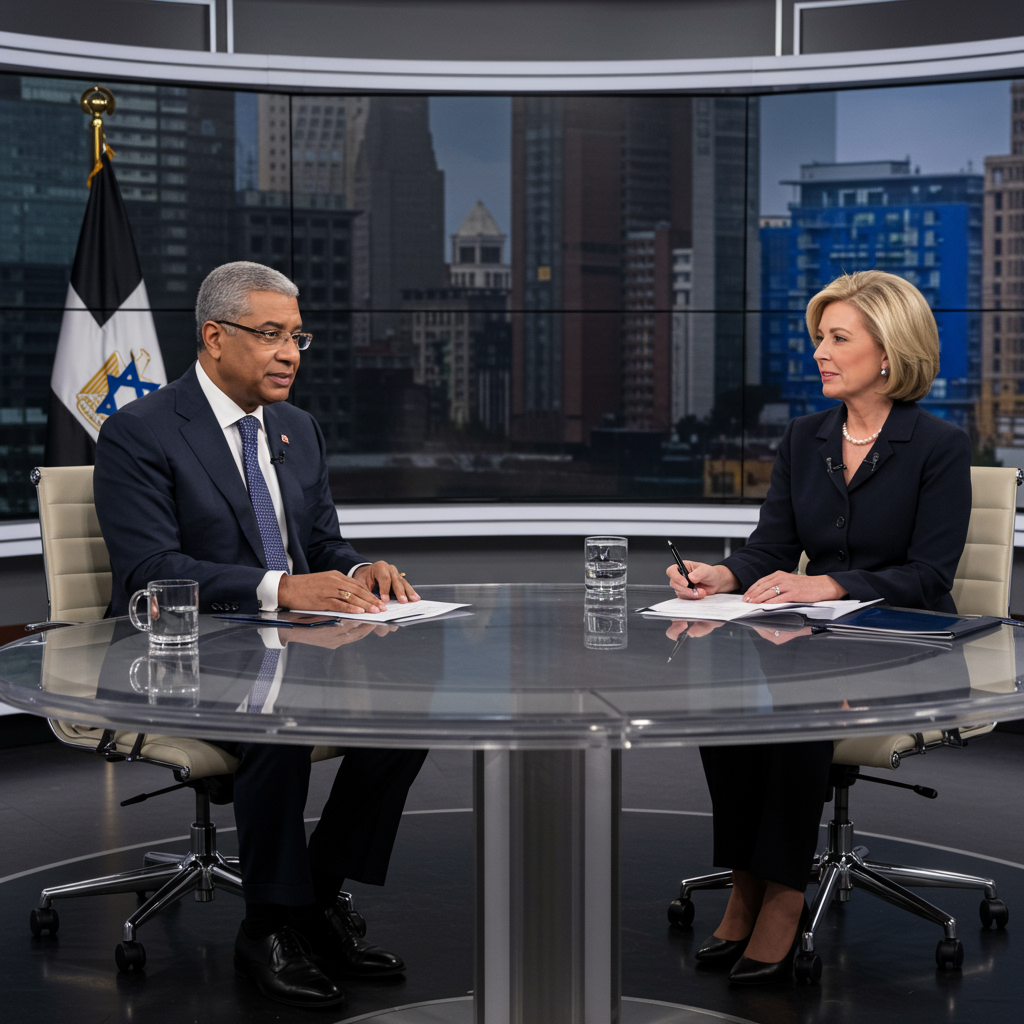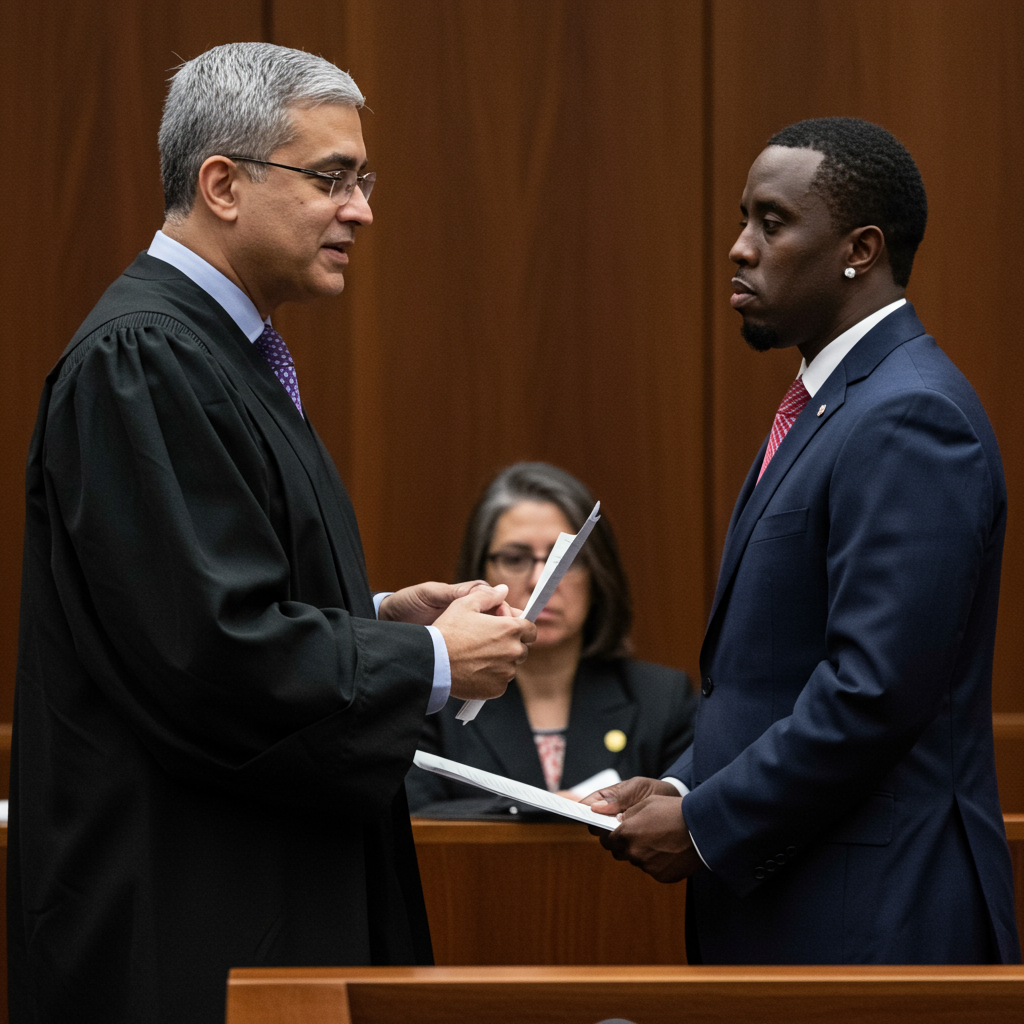India is buzzing with pride and excitement as the nation celebrates a monumental leap back into human spaceflight. Group Captain Shubhanshu Shukla has successfully launched to the International Space Station (ISS) as part of the Axiom-4 (Ax-4) mission, marking the first time an Indian has traveled to space in 41 years and the very first time an Indian astronaut will visit the orbiting laboratory.
This historic journey aboard the Ax-4 commercial flight, operated by Houston-based private company Axiom Space, lifted off from NASA’s Kennedy Space Center in Florida on Wednesday. The mission is a significant international collaboration involving NASA, India’s space agency ISRO, the European Space Agency (ESA), and SpaceX.
Ending a Four-Decade Wait
Group Captain Shubhanshu Shukla, an Indian Air Force pilot, is the second Indian national ever to journey to space. The first was Wing Commander Rakesh Sharma, who flew aboard a Soviet Soyuz mission in 1984. The long 41-year gap between Sharma’s flight and Shukla’s highlights a period of shifting national priorities and the gradual, determined process India has undertaken to build its own indigenous human spaceflight capabilities.
Shukla’s flight signals the end of this extended wait and serves as a powerful stepping stone for India’s ambitious future in space. As Lt. Gen. AK Bhatt (retd.), director general of the Indian Space Association, noted, this journey is a “testament to the growing global footprint of India in space exploration” and a crucial prelude to India’s own crewed Gaganyaan mission.
The Axiom-4 Mission Crew
The four-member Ax-4 crew is led by former NASA astronaut Peggy Whitson, a highly experienced space veteran. Alongside Group Captain Shukla, the team includes Slawosz Uznanski-Wisniewski from Poland and Tibor Kapu from Hungary. Notably, both Poland and Hungary are also celebrating their countries’ return to space after similar decades-long intervals, emphasizing the mission’s global significance and the increasing role of commercial spaceflight in enabling diverse international participation.
Shukla, a 39-year-old Group Captain in the Indian Air Force with over 2,000 hours of flying experience on various aircraft, is piloting the Axiom-4 mission. This critical role involves responsibility for key operations including launch, orbital insertion, docking with the ISS, undocking, re-entry, and landing.
A Giant Leap for India’s Space Ambitions
Shukla’s participation in Ax-4 holds immense value for India’s burgeoning human spaceflight program. He was one of four Indian Air Force officers shortlisted for India’s own Gaganyaan mission, currently targeted for 2027. The invaluable experience he gains on the ISS will directly benefit ISRO’s preparations for its independent crewed missions.
ISRO invested 5 billion rupees ($59 million) to secure his seat and training on the mission, underscoring India’s commitment. This flight aligns with India’s broader, bold space roadmap, which includes plans to establish its own space station by 2035 and send an astronaut to the Moon by 2040. These goals build upon India’s recent impressive space achievements, such as the Chandrayaan-3 lunar landing (first near the lunar south pole) and the launch of the Aditya-L1 solar observation mission.
Celebration and a Message from Orbit
The launch, carried into orbit by a SpaceX Crew Dragon capsule named “Grace” atop a Falcon 9 rocket, was broadcast live, igniting widespread celebrations across India. Prime Minister Narendra Modi expressed his elation, stating the Indian astronaut “carries with him the wishes, hopes and aspirations of 1.4 billion Indians.”
Emotional scenes unfolded in Shukla’s hometown of Lucknow, where his parents and students from his former school watched the lift-off with overwhelming pride and tears.
Just minutes after reaching orbit, traveling at a speed of 7.5 kilometers per second at an altitude of 200 kilometers, Group Captain Shukla sent a heartfelt message back to the nation, switching between Hindi and English. “Namaskar, my dear countrymen; we have reached space after 41 years,” he shared. Emphasizing the collective nature of the achievement, he added, “On my shoulder, I carry the Indian flag. This is not the start of my journey to the ISS, this is the beginning of India’s human spaceflight. I welcome all my fellow Indians to be a part of this journey and feel proud and excited. Jai Hind! Jai Bharat!” He noted his goal was to “ignite the curiosity of an entire generation” and inspire innovation.
Life Aboard the ISS
During their approximately two-week stay aboard the International Space Station, Group Captain Shukla and the Ax-4 crew will have a demanding schedule. Beyond his piloting duties, plans are in place for him to interact with Indian students and potentially engage in a live conversation with Prime Minister Narendra Modi from space.
The primary focus of the mission, however, is scientific research. The four-member crew is slated to conduct around 60 scientific experiments covering various fields, including human physiology, space technology, and Earth observation. Crucially, seven of these experiments originate from India, championed by ISRO.
According to former NASA scientist Mila Mitra, ISRO’s experiments aim to significantly improve our understanding of space’s effects on biology and microgravity conditions. Key Indian studies include:
Investigating the impact of spaceflight on six varieties of crop seeds.
Cultivating three strains of microalgae to identify the most suitable ones for potential use as food, fuel, or in life support systems in microgravity.
Studying how tardigrades – micro-animals known for surviving extreme Earth environments – fare in space.
Exploring solutions for muscle loss in space.
- Analyzing the physical and cognitive effects of using computer screens in microgravity.
- www.bbc.com
- www.arabnews.com
- timesofindia.indiatimes.com
- thefederal.com
- www.livemint.com
Adding a personal touch to their international collaboration, the crew also brought traditional foods from their home countries to share, with Shukla contributing Indian curry and rice, paired with mango nectar.
Shubhanshu Shukla’s journey is more than just a personal achievement; it symbolizes India’s re-entry onto the human spaceflight stage and marks a pivotal moment in the nation’s ambitious space program, promising a future where Indian astronauts journey to the stars on platforms built with increasing indigenous capability.




